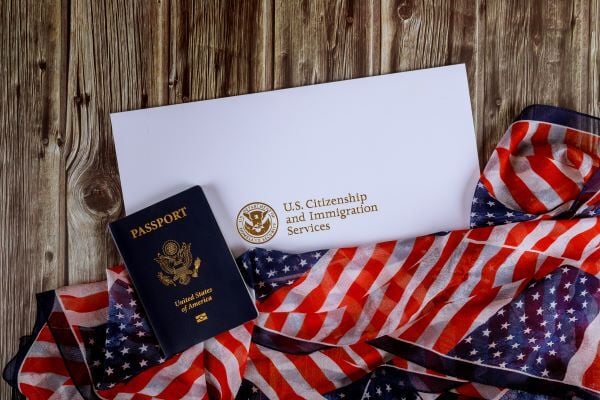Is there an efficient way to identify what laws impact our business?
A: It can be overwhelming to track the flurry of new leave laws, pay transparency requirements, disability protections, and religious accommodations. Even when internal resources are assigned to monitor the legislative landscape, it’s easy to miss a change. Professional HR associations, such as the Society for Human Resources Management, have searchable resources and newsletters that provide trustworthy information. But again, it requires a healthy time commitment to stay current.
%20full%20color%20(29).png?width=278&height=100&name=Bukaty%20New%20logo%20(2015)%20full%20color%20(29).png)

_EmployementLaborLaw.jpg)








